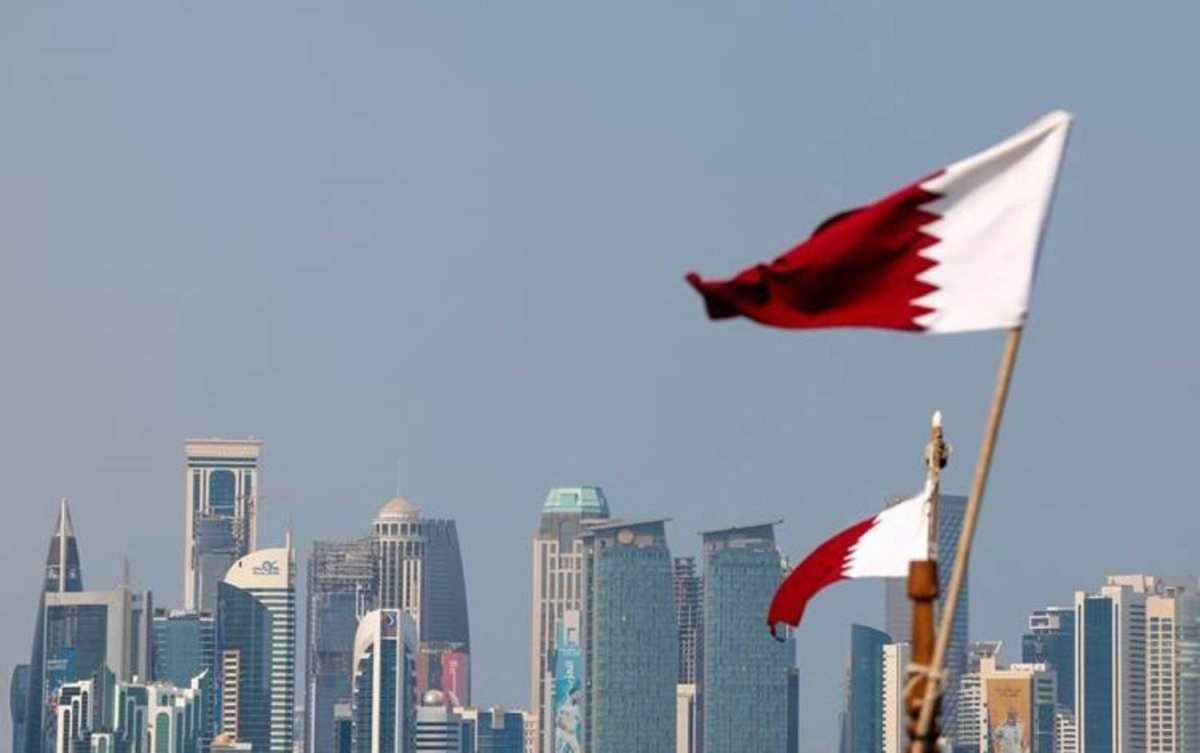ECB reckons with impact of war on eurozone’s doorstep
- Date: 06-Mar-2022
- Source: Kuwait Times
- Sector:Financial Markets
- Country:Kuwait
ECB reckons with impact of war on eurozone’s doorstep
FRANKFURT: Russian President Vladimir Putin’s invasion of Ukraine has added an extra layer of complexity to the decisions facing European Central Bank policymakers as they meet on Thursday. Already managing record inflation figures and a fragile recovery from the impact of the coronavirus pandemic, members of the bank’s 25-member governing council now have to reckon with the impact of war on the edge of the eurozone.
The pace of consumer price rises shifted up a gear in February, rising to 5.8 percent from 5.1 percent the previous month, a new all-time high for the euro area. The spike has been driven in no small part by soaring prices for energy, caught in the middle of the conflict with Russia, a major supplier to European countries. ECB President Christine Lagarde responded to the February 24 invasion by saying the central bank would “take whatever action is necessary” to stabilize the euro region’s economy. Prices for gas and oil were “likely in the short term to increase inflation”, she said, sustaining it for longer than the bank previously expected.
Stepwise
Soaring inflation has put the ECB under pressure to follow its peers in the United States and Britain by moving to end its economic stimulus and raise



















